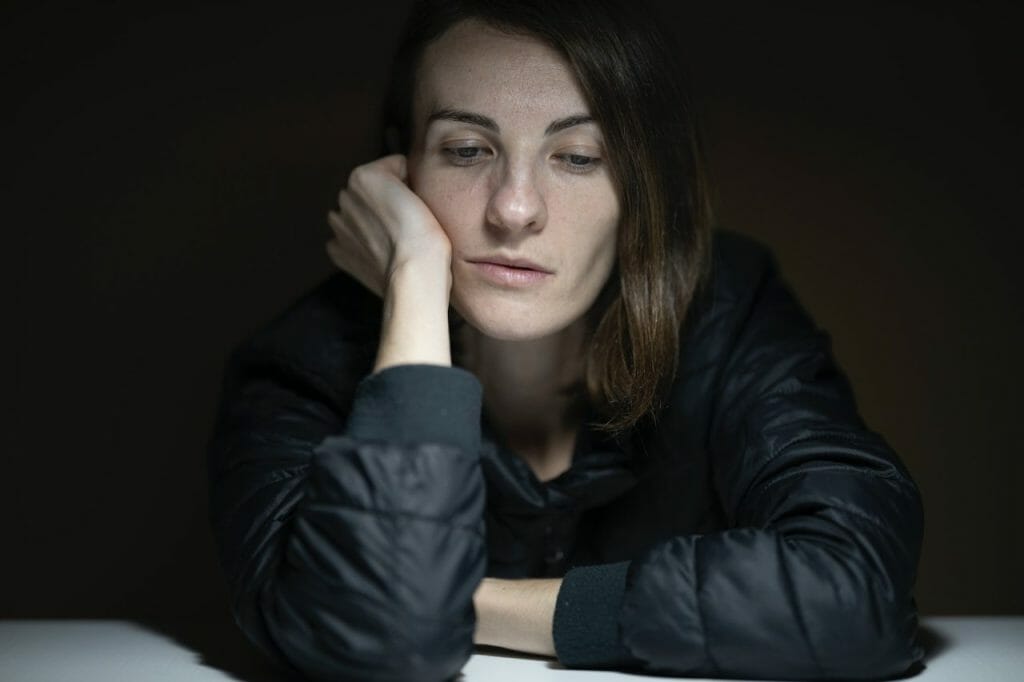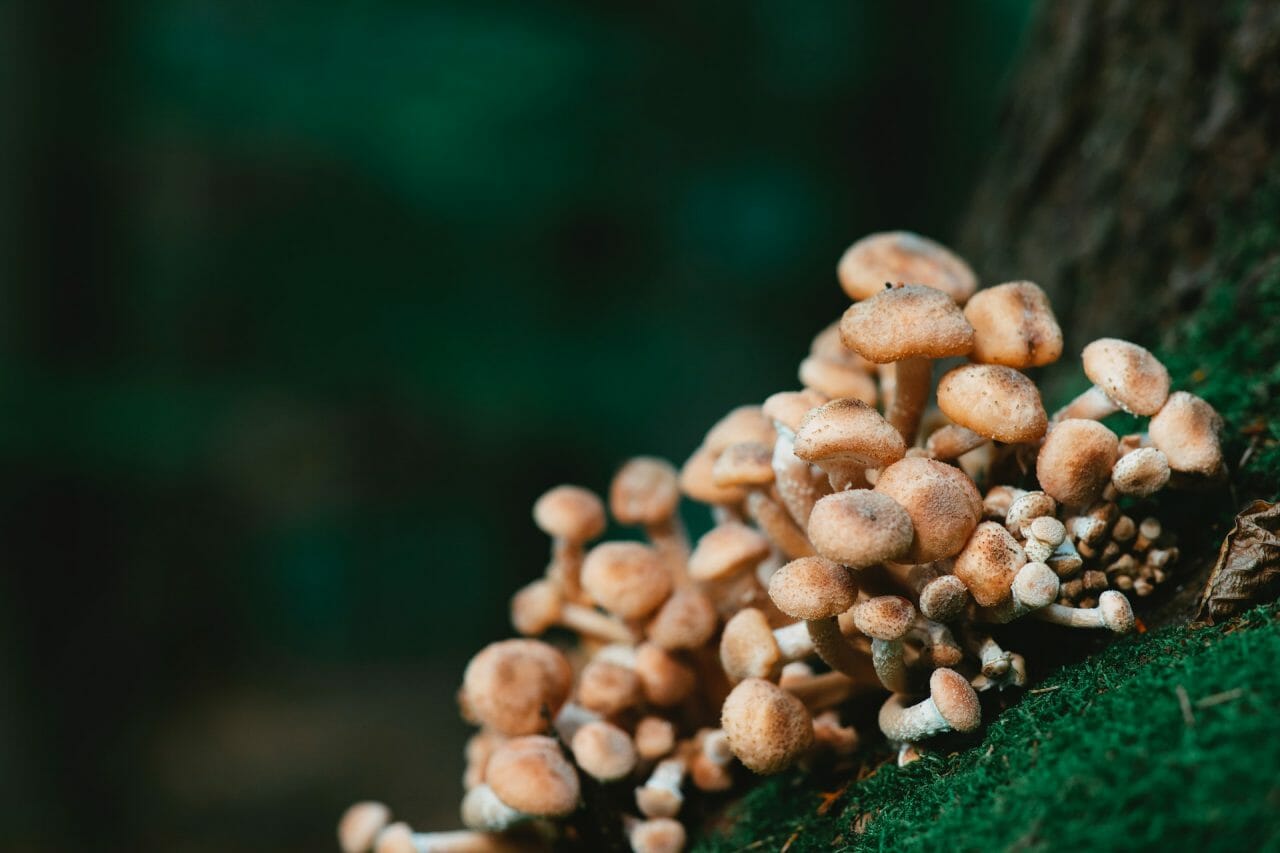The World Health Organization (WHO) has reported that over 264 million people around the world suffer from depression.
Although conventional treatments can provide some relief, they often do not fully address the complex nature of depression. This issue has led to increasing interest in alternative therapies. One such promising alternative involves utilizing mushrooms containing psilocybin, obtained from a mushroom dispensary, as a depression treatment.
We invite you to delve into the world of mushroom dispensaries, their role in treating depression, and the compelling statistics that underscore their potential to revolutionize our approach to this pressing global mental health problem.
Key Takeaways:
- Mushroom dispensaries offer alternative treatments for depression using mushrooms rich in psilocybin.
- Research suggests that psilocybin can result in significant and lasting reduction in depression symptoms.
- Psilocybin therapy is part of a new trend that is redefining mental health care.

Understanding Psilocybin and its Therapeutic Potential
Psilocybin is a natural compound found in certain mushroom species, often referred to as “magic mushrooms.” Once ingested, the body converts psilocybin into psilocin, which influences the brain’s serotonin receptors. This interaction produces significant shifts in perception, mood, and consciousness, typically associated with the consumption of psilocybin.
Significant findings have emerged from research into the potential of psilocybin as a treatment for depression. Clinical trials and studies have shown that a single, carefully administered dose of psilocybin can result in substantial reductions in depressive symptoms. Patients have reported transformative and lasting impacts on their mental health and overall quality of life.
These findings have triggered a surge in interest and investment in exploring psilocybin as a novel treatment option for depression, especially for those who haven’t seen success with traditional therapy methods.
Encouraging Results for Depression Treatment from Magic Mushrooms
Dispensaries
Psilocybin mushrooms, commonly known as magic mushrooms, have gained attention for their potential in alleviating depression symptoms. Let’s explore the different types of magic mushrooms and discuss their potential therapeutic effects on depression.
| Magic Mushroom Type | Overview | Possible Depression Benefits |
| Golden Teacher | This renowned psilocybin mushroom is characterized by its golden cap. | It might alleviate depressive symptoms and boost emotional wellness. This variety could stimulate introspection and self-examination, potentially aiding individuals to discover new outlooks on their depression. Some users report experiencing a sense of unity and interconnectedness, which could counteract the isolation frequently associated with depression. |
| Psilocybe Cubensis | This is among the most common species of magic mushrooms. | It’s renowned for inducing positive mood changes and altering life perspectives. It might enhance emotional processing and help individuals address the root causes of their depression. The altered consciousness it prompts might help users break free from rigid thinking patterns and foster a more optimistic mindset. |
| B+ | Identifiable by its large, bulbous fruiting bodies. | It may contribute to substantial and lasting reductions in depressive symptoms. Users often report achieving a clearer understanding of their emotions and life circumstances. The therapeutic journey could aid in releasing suppressed emotions and trauma, thus relieving depression. |
| Liberty Cap | These are small, conical mushrooms found in various regions. | They’re known to produce intense emotional experiences that could positively influence depression. During a Liberty Cap trip, users often experience heightened sensitivity and empathy, which could promote emotional healing and connection. The immersive and profound nature of the psychedelic journey might help individuals understand the root causes of their depression. |
| Penis Envy | Notable for its unique, phallic-like shape. | It’s associated with significant insights and changes in depressive thought patterns. Users frequently report experiencing ego dissolution, allowing them to confront their depression without the constraints of their usual identity. The intensity of the experience might lead to therapeutic breakthroughs, resulting in long-term improvements in mental health. |
| Blue Meanie | This is a potent strain distinguished by its bluish hue. | It’s believed to instill a sense of calm and relaxation, potentially reducing the symptoms of anxiety and depression. Many users recount reaching an inner state of peace and emotional release during Blue Meanie experiences, which could potentially foster mental well-being. This strain, recognized for its mild yet contemplative characteristics, may be especially suitable for those seeking a less intense psychedelic journey for therapeutic purposes. |
The Role of Magic Mushroom Dispensaries in Treating Depression
Magic mushroom dispensaries, or stores, play a vital role in depression treatment, offering a supervised and regulated environment for those seeking potential therapeutic solutions.
The Function of Health Canada
Health Canada serves as the federal entity in charge of assuring the safety, effectiveness, and quality of therapeutic products like psilocybin found in magic mushrooms, within the Canadian borders.
Approval of Therapeutic Products
Health Canada has recently granted exemptions and approvals for the use of psilocybin in certain medical and research contexts for specific health conditions, including depression. This shift in policy represents a growing recognition of the potential therapeutic uses of psilocybin.
Potential Therapeutic Uses
Magic mushroom shops present a potentially innovative and hopeful therapeutic route for individuals dealing with depression. With proper authorization and under certain circumstances, individuals can seek psilocybin therapy to alleviate depression symptoms.
A Regulated and Monitored Environment
Magic mushroom dispensaries provide a regulated and monitored environment for those seeking psilocybin therapy, ensuring that the process is conducted safely and supervised by trained professionals.
Compliance with Health Canada Regulations
Dispensaries must adhere to Health Canada’s rules and guidelines when providing psilocybin-based products for therapeutic use. They play an essential role in guaranteeing adherence to these regulations, ensuring that therapy is conducted responsibly and ethically.
How to Undertake Psilocybin Therapy Through a Mushroom Shop
Starting psilocybin therapy through a mushroom shop can be a potentially transformative and beneficial experience. However, it’s essential
Approach responsibly and with caution. Here are a few tips for navigating through this process:
- Conduct Detailed Research: Begin by conducting an in-depth investigation into psilocybin therapy and the specific mushroom store you’re considering.
- Seek Expert Advice: Before contemplating psilocybin therapy, consult a mental health professional or therapist who specializes in psychedelic-assisted treatment. They can assess your suitability for such treatment and provide valuable guidance.
- Choose a Trustworthy Store: Look for reviews, recommendations, and evidence of compliance with local regulations.
- Understand the Process: Familiarize yourself with the entire therapy procedure, from the preparatory stage and the psychedelic journey to the post-experience integration. Knowing what to expect can reduce anxiety and enhance therapeutic outcomes.
- Prepare Emotionally and Mentally: Prepare your mind and emotions for the journey. Set clear intentions for your therapy session, and get ready to confront any difficult emotions or thoughts that may emerge.
- Ensure a Safe Environment: Make sure that the mushroom store provides a secure and comfortable setting for your therapy session. This should include appropriate lighting, music, and the presence of trained facilitators to assist you if necessary.
- Follow Dosage Instructions: Adhere to the dosage recommendations from the mushroom store or your healthcare provider. Avoid self-administering or consuming unfamiliar substances, as it can be hazardous.
Conclusion
Mushroom stores that provide psilocybin therapy have emerged as an encouraging alternative for treating depression. Despite the diverse legal and regulatory landscapes surrounding these establishments, a growing body of research and personal experiences highlight their ability to alleviate depressive symptoms and offer individuals new perspectives on their mental health.
As the field of psychedelic-assisted therapy continues to evolve, the role mushroom stores play in transforming the depression treatment landscape brings hope to those seeking innovative mental health solutions.
Frequently Asked Questions
How do I find a reliable mushroom dispensary for depression treatment?
To find a reliable mushroom dispensary, thorough research is essential. Look for establishments that comply with local regulations and safety precautions. Consult with
It’s advisable to seek advice from healthcare professionals or individuals with successful experiences. Make sure to verify the dispensary’s credentials, such as the qualifications of their facilitators and compliance with ethical standards.
How long does the therapeutic effect of psilocybin therapy last in the treatment of depression?
The duration of therapeutic effects from psilocybin therapy varies among individuals. Some may experience immediate relief, while others may notice progressive improvements. Research suggests that the benefits can last for several weeks to months after just one session. However, the duration of the effects may also be influenced by integration and ongoing support.
Is psilocybin therapy effective as a standalone treatment for depression, or does it need to be combined with other therapies?
Psilocybin therapy is usually incorporated into a comprehensive depression treatment plan. It could be combined with conventional therapies like psychotherapy, counselling, or medication to enhance its effectiveness. The choice of treatment methods should be customized to individual needs and be based on the advice of healthcare professionals.
What other types of magic mushroom products can be used for depression treatment?
Apart from traditional magic mushrooms, there are other magic mushroom products available for depression treatment. These include psilocybin microdosing capsules, psilocybin-infused edibles like chocolates or gummies, liquid extracts or tinctures, and psilocybin nasal sprays. These alternate methods of psilocybin delivery provide a variety of dosing options and ways of administration, including precise microdosing for mild mood enhancement.
Related Article:





